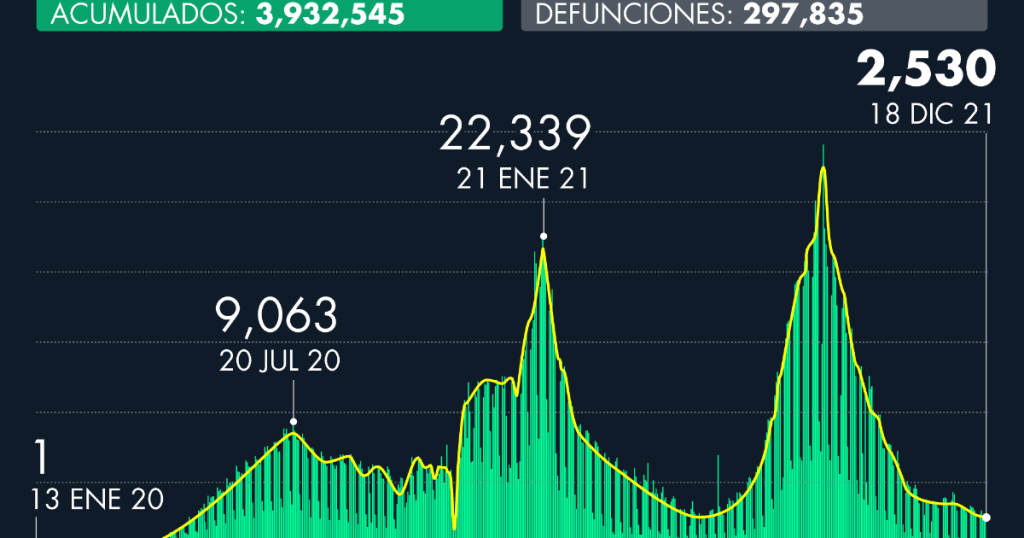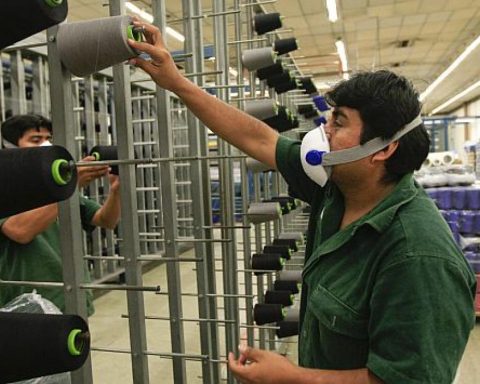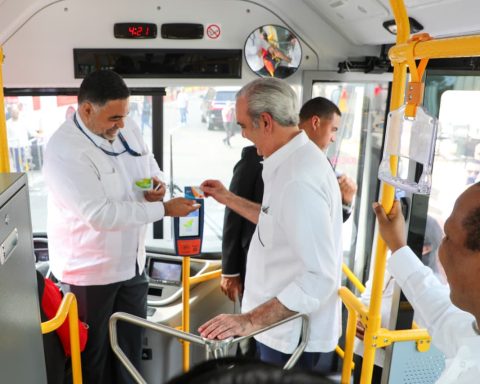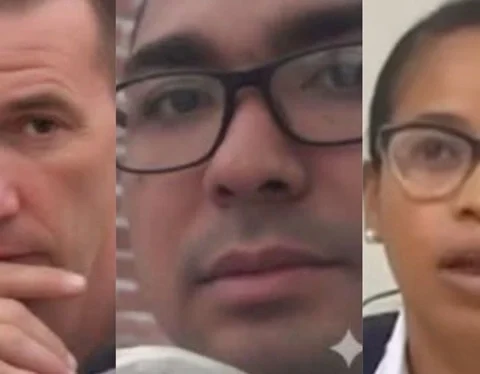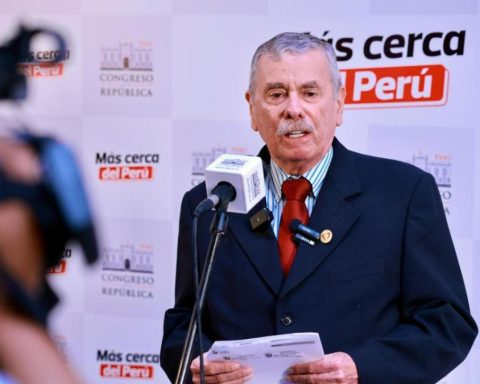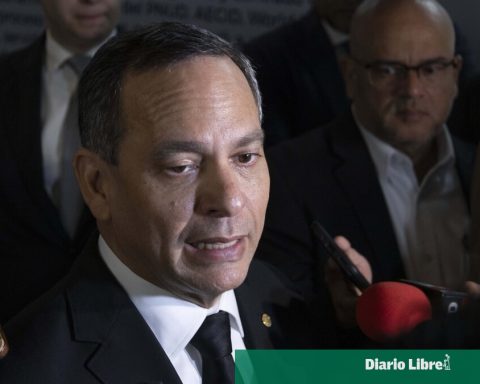The award-winning Nicaraguan writer Sergio Ramírez was selected by the Grupo de Diarios América (GDA) as the 2021 Latin American character for his “active defense of freedom of expression and democracy in Nicaragua”. In the framework of this recognition, the brief was interviewed by the Argentine newspaper La Nación
The Grupo de Diarios América is made up of the daily La Nación (Argentina), O Globo (Brazil), El Mercurio (Chile), El Tiempo (Colombia), La Nación (Costa Rica), La Prensa Gráfica (El Salvador), El Universal (Mexico), El Comercio (Peru), El Nuevo Día (Puerto Rico), El País (Uruguay) and El Nacional (Venezuela).
In the interview, Ramírez warns that the socio-political crisis in Nicaragua and the electoral farce of November 7 with which Daniel Ortega and Rosario Murillo prescribed five more years of government, may push towards greater polarization in Latin America.
For the writer, Latin America faces two opposite poles today: democracy and tyranny. And the recent electoral farce that Daniel Ortega carried out in Nicaragua causes greater polarization in countries that are in democratic systems.
Sergio Ramírez, who is in exile After the Ortega regime ordered his arrest in Nicaragua, he said that part of the struggles of some countries in the region are for the permanence in power of their leaders indefinitely.
Such is the case of Daniel Ortega in Nicaragua, who on November 7 was re-elected as president with a 75% of votes assigned by a Supreme Electoral Council that he controls. It was a voting process in which Ortega had no political competence, after he imprisoned all the presidential candidates who opposed him, and canceled the legal status of two political parties.
“What a process of this nature creates is greater polarization in those countries that are in a democratic system, however imperfect it may be. Among the countries that carry out electoral processes and have this institutional way of replacing governments when their terms expire, and those other governments in which, like Nicaragua’s, their only political will is to stay in power forever, no matter how fiercely override the laws, the Constitution; the violation of human rights, repression ”, said the writer.
Ramírez analyzed the processes of impeachment of presidents in some countries such as Peru, for example, where President Pedro Castillo was being subjected to an impeachment process that Congress rejected during the first week of December.
According to the Nicaraguan writer, these processes, even if they work well or badly, are part of democracies. “And although these are mechanisms that can work badly or well, they are democratic mechanisms. I am talking about the total closure of opportunities, that the electorate is imprisoned within their own country, exiled or imprisoned in prisons, and it cannot be expressed in any way ”.
Concern with El Salvador
One of the countries that he believes should be viewed with concern is El Salvador. President Nayib Bukele enjoys popularitysays Ramírez, unlike Ortega, who has no support in Nicaragua.
“It seems to many that he is doing well (Bukele), and those are the great risks of democratically expressed opinion. Bukele invaded the National Assembly with military forces, then replaced the judges of the Constitutional Court and the Supreme Court, and no one thought it bad. It seems to me that it is a danger that is incubating within the political systems for which, after all, a huge price is paid. But I would never compare Ortega to Bukele. Bukele abuses the institutions, he feels like an arbiter of the destiny of the country. A terrible trend, but in Nicaragua people paid a price for that trend in jails, exile and death, “Ramírez said in the interview.
When asked why he believed that Nicaragua could not contain a Daniel Ortega who clings to power, Ramírez recalled that since the beginning of the social protests in 2018, Daniel Ortega’s regime used the Police and paramilitary groups to quell social protests.
This led to the murder of 355 people according to the latest count by the Inter-American Commission on Human Rights. “What Ortega did when unleashing the repression was to multiply by three the police forces, he made use of the paramilitary forces who took them out with rifles, snipers, hit men. So, the country is not moving towards a democratic transformation, because at the moment it is under a very closed repression, which leaves no respite, especially because the difference between dictatorship and tyranny is very important in this sense, “said Sergio Ramírez.
This repression was also accompanied by the approval of a series of laws that sought to put more pressure on opposition groups. The Sovereignty Law, for example, an argument used by Ortega to apprehend presidential candidates, or the Cybercrime Law, which seeks to silence any voice that criticizes the regime’s management in the face of crises such as the pandemic, for example.
Current estimates estimate that more than 100,000 Nicaraguans have left the country since the repression began in 2018, many seeking destinations such as the United States, Costa Rica or Spain. Ramírez is one of them.
The situation is not unique in the Latin American region. In Venezuela, whose regime is ally of Daniel Ortega, it has also caused the migration of at least five million people, in comparison, it is almost the total population of Nicaragua that reaches 6.5 million inhabitants.
Ramírez recalled that the political similarities of both regimes are much greater than the economic ones and therefore, Maduro and Ortega are looking to buy time when they call for dialogues.
“Now, politically, it seems to me that the strategies of Maduro and Ortega are very similar, which is the strategy of buying time: calling for dialogue, cajoling the opposition, dividing it, holding false elections. With the difference that, thanks to some support from the international community, those of Maduro gain a little more credibility, and the participation of part of the opposition legitimizes them, “said the writer.
After the elections in Nicaragua on November 7, Ortega has been isolated from the international community and his elections without competition were declared a “farce” by the United States and the European Union.












